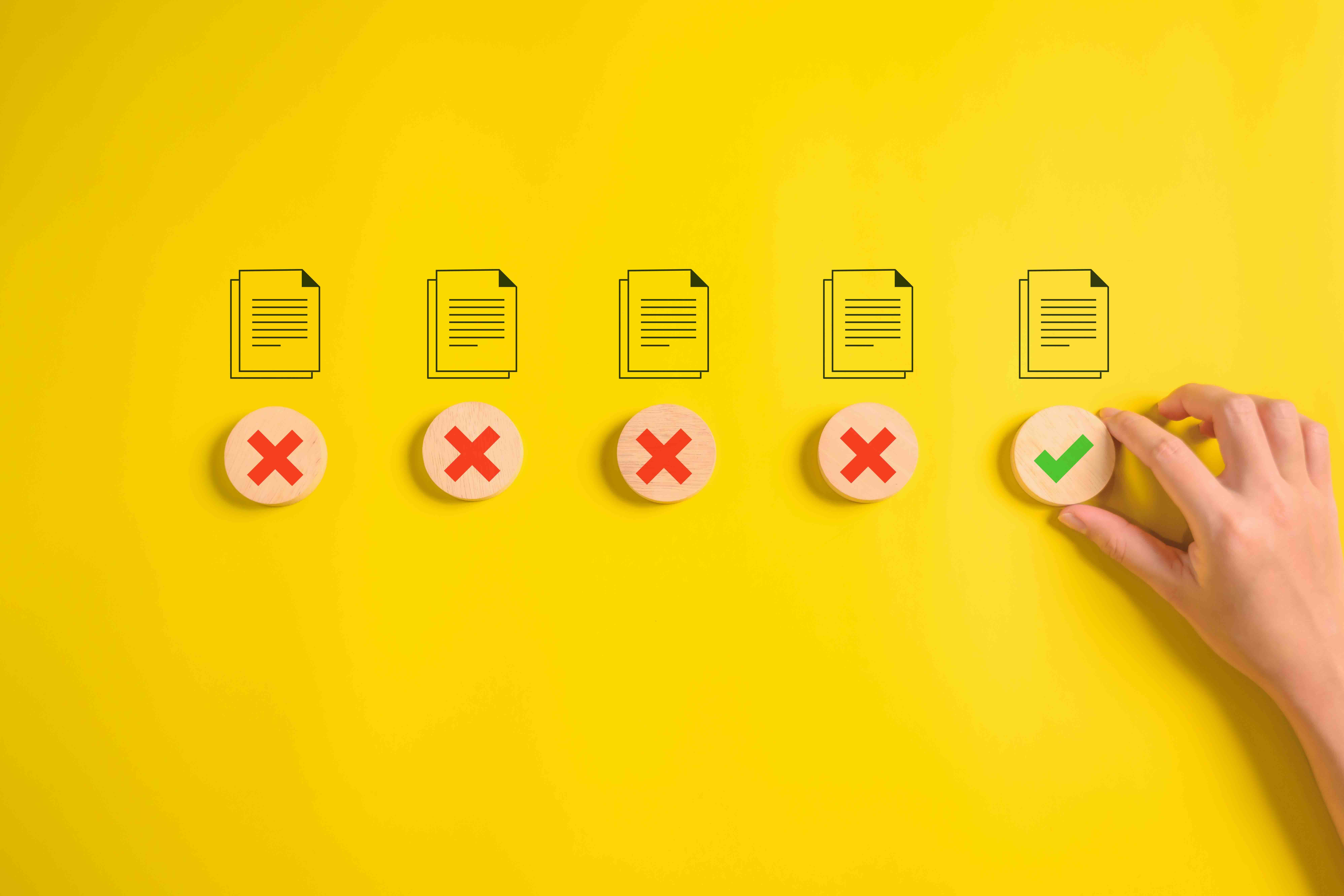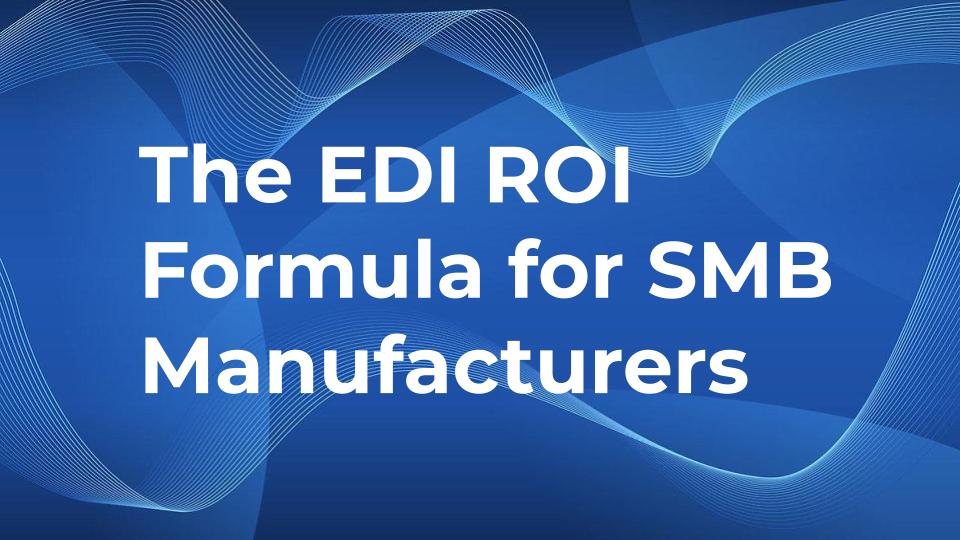
Keeping pace with technology is difficult as software companies introduce innovative systems daily. This renders yesterday's structures obsolete. All business managers must decide to stay current or upgrade if they don't want to fall behind.Companies have two reservations when considering transitioning from a legacy system to a modern enterprise resource planner (ERP). Upgrading may need an initial investment, and there is the risk of production disruption and/or integration failure.Why now is the time to say goodbye to your legacy system:
Technical EvolutionLegacy systems are becoming obsolete as technology evolves. Yet, an astounding number of businesses still refuse to upgrade. The functionality of outdated legacy systems is rigid. Initially, it was compulsory for stakeholders to conform to mandates of the software. Other times, they had to change the software extensively to fit business requirements. These systems often require outdated hardware and lack in security support as well.Advanced versions of legacy systems offered better securities that were more affordable. This is especially true for breach system resolutions. Software remained static as businesses continued to evolve resulting in severe disparities between business needs and their software. This process persisted until business progress became restricted forcing a company to upgrade their legacy system.IT Support is LimitedMost legacy systems are coded in archaic programming languages. Senior staff may be the only employees that understand the languages. Moreover, IT companies may no longer support outdated legacy systems leading to increased cost to find the appropriate support. CEOs must upgrade their systems to remain competitive.Government managed entities are the most common operators of legacy systems and are also the most adamant resisters in making the transition. It creates the perception that upgrading is not worth the effort. But, business optimization is more vital than following the leader.Upgrade vs. ReplacementUpgrading to a modern platform is more practical than replacing the entire system. A modern platform streamlines and integrates data into a comprehensive system.The benefits of an ERP surpass the risks of getting rid of a legacy system. Companies should not perceive IT as an expense. It is a method of generating and increasing revenue. Upgraded integration saves money, time, and hassle across-the-board.Upgrading or replacing creates some essential questions. Staff must receive extra training for a complete replacement. Clients adapt better to small changes than complete overhauls. Upgrading allows businesses to remain current with technology. Innovative efficiencies and functionalities are made available. Business CEOs ensure comprehensive support from vendors through upgrading technology.ERPs Integrate With EDILegacy systems require an autonomous system for companies utilizing electronic data interchange (EDI). Today, you can integrate EDI with your ERP through an EDI Value-added Network (VAN). BOLD VAN offers full EDI integration solutions for Sterling Gentran ERPs.Why you need BOLD VAN's EDI ERP solution:
Speak to an EDI ERP specialist about complete integration solutions. Call today (844) 265 3777New to ERPs? Read about The Basics of ERP Software

Clear breakdown of EDI VAN pricing models and how to eliminate surprise trading partner, mailbox, and overage fees. Learn how transparent pricing improves forecasting and budget control.

Learn how to read an EDI 997 Functional Acknowledgment fast, decode AK9, AK3, and AK4 errors, and fix rejections before they impact cash flow or compliance.

SMB manufacturers can quickly calculate the ROI of switching to an EDI system by comparing the detailed costs of manual processing against significant labor and error reductions. Discover a practical, step-by-step model that highlights measurable financial and operational benefits, making it easier for decision-makers to see real savings and improved efficiency.